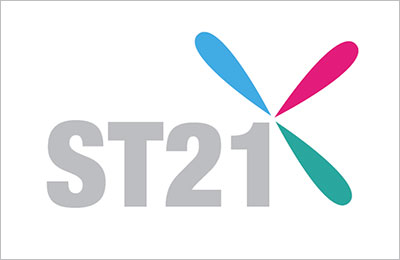S3 - Use heritage to assert and transmit the fundamental values of Europe and European society

S3 Challenges
Societal challenges
- Living in peace
- Improve quality of life
- Contribute to people’s well-being and good health
- Preserve the collective memory
- Establish good governance
- Promote participatory management
- Optimise implementation of the conventions
- Promote an inclusive approach to heritage
Development challenges
- Building a more inclusive and cohesive society
Knowledge challenges
- Helping to foster a shared knowledge society
- Raising awareness of the values conveyed by heritage
- Supporting, strengthening and promoting intergovernmental co-operation
S3 Target audience
- local
- regional
- European
 Recommended courses of action for S3
Recommended courses of action for S3
- Use the many varied expressions of heritage to promote and spread the fundamental values of Europe and of European culture and society
- Underline the fact that the diversity of our cultural heritage has both a European and a local dimension
- Identify and highlight the tangible and intangible exogenous influences that have contributed to the history of European society and European culture
- Identify and highlight the exchanges of skills and know-how, imported or exported
- Use wording and presentation approaches adapted to different audiences to show that our heritage and our cultural diversity are assets for the future of Europe
- Produce written, audiovisual and digital material in several languages, creating links between a particular site or event and the other cultures concerned
- Take part in European Heritage Days and other events highlighting the link between cultural heritage and European values, ideals and principles
- Disseminate the spirit of the “European Heritage Label” to generate enthusiasm using examples of regional or local cultural heritage
- Encourage and promote the “European Capitals of Culture”
- Draw up a collective and interdisciplinary history of heritage in Europe



